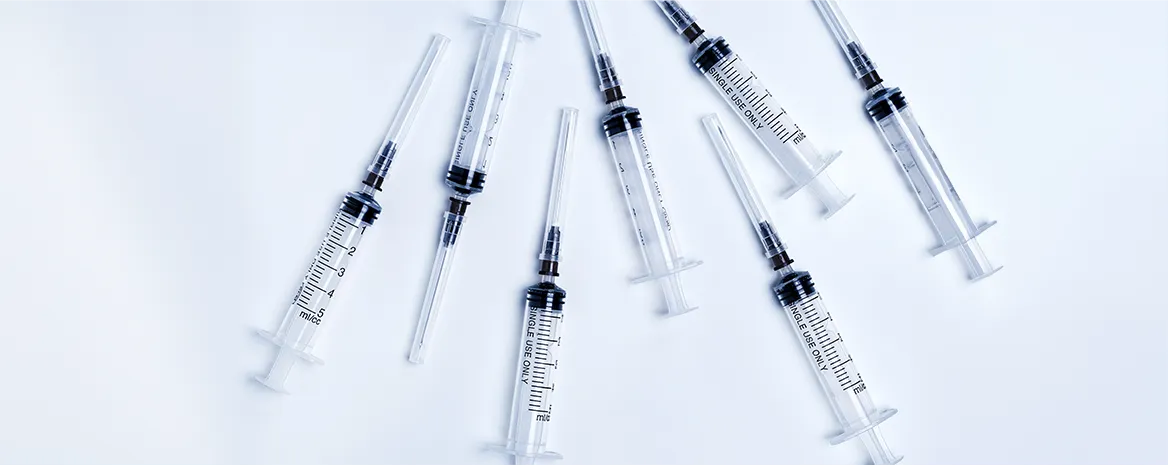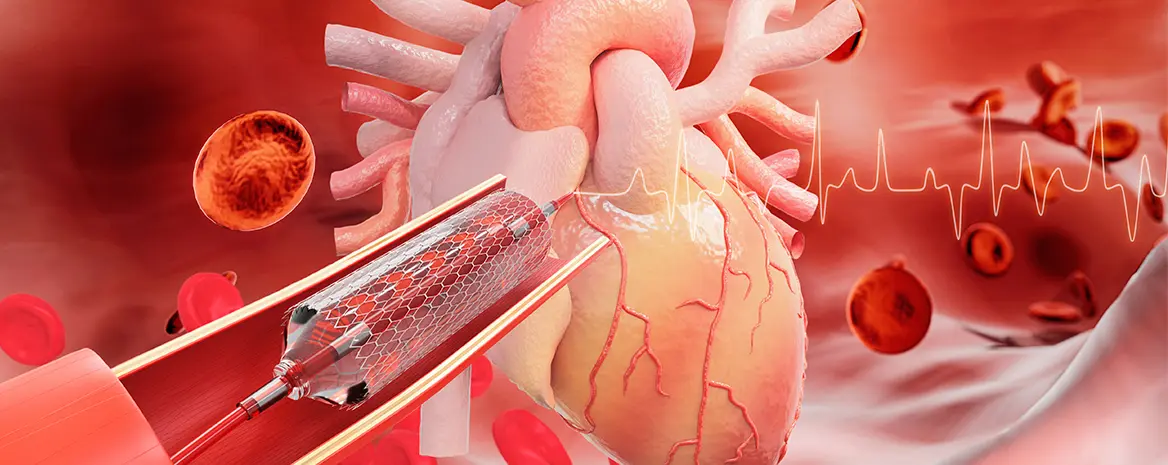Novocaine 101: Uses, Duration, and Side Effects

Novocaine, once a staple in dental anesthesia, continues to be synonymous with pain relief during dental procedures. Let's explore the history, usage, and some specifics about Novocaine, including its duration and potential side effects.
What is Novocaine?
Novocaine, also known by its generic name procaine, is a type of local anesthetic used in dentistry to numb a specific area of the mouth during procedures. First developed in 1905, Novocaine was revolutionary, reducing the reliance on substances like cocaine for local anesthesia. Today, while less commonly used—having been largely replaced by anesthetics like lidocaine—it remains a metaphor for dental pain management.
Terminology Clarification
The term "Novocaine" has become a generic label for local anesthetics used in medical settings, much like how "ChapStick" is used generically for lip balm. While "Novocain" is a brand name for procaine, "novocaine" is often used colloquially to refer to various anesthetic drugs used in dentistry.
How is Novocaine Used?
Novocaine is primarily administered via injection at the site of the dental procedure, providing temporary numbness to facilitate pain-free treatment.
The Procedure of Administering Novocaine
- Topical Anesthetic: A topical anesthetic may be applied to numb the area before injection.
- Injection: Novocaine is injected directly into the gum or inner cheek.
- Onset of Action: The effects typically begin within 5 to 10 minutes.
- Duration of Effect: Numbness usually lasts from 30 minutes to a few hours, depending on the dose and use of vasoconstrictors like epinephrine, which prolong the effects.
How Long Does Novocaine Last?
The duration can vary, generally lasting 30 to 60 minutes for standard applications. Factors affecting duration include the dosage and individual metabolic rates.
Safety and Side Effects
Novocaine is safe for most patients, but like all medical treatments, it comes with potential side effects. Common mild effects include:
- Numbness or tingling
- Headaches
- Dizziness
- Drowsiness
- Minor pain at the injection site
Understanding the Risks of Novocaine
Though rare, severe allergic reactions can occur, especially in individuals allergic to ester anesthetics. Risks also include potential injury to the numbed area post-procedure due to decreased sensation.
Alternatives to Novocaine
Several alternatives offer various benefits, such as longer-lasting effects or fewer side effects:
- Lidocaine: More commonly used due to its efficacy and duration.
- Articaine: Preferred for its rapid onset and profound numbing.
- Mepivacaine: Provides prolonged numbness with minimal vasodilation.
Takeaway
Novocaine has played a pivotal role in dentistry by enabling pain-free procedures. While newer anesthetics have become more prevalent, the principles established by Novocaine's use remain foundational in dental anesthesia. If you have concerns about pain management for dental procedures, consult with a healthcare provider through Quality Care Global to discuss the best anesthetic options for your specific needs.
Disclaimer: Always consult with a healthcare professional for personalized medical advice and treatment options.

